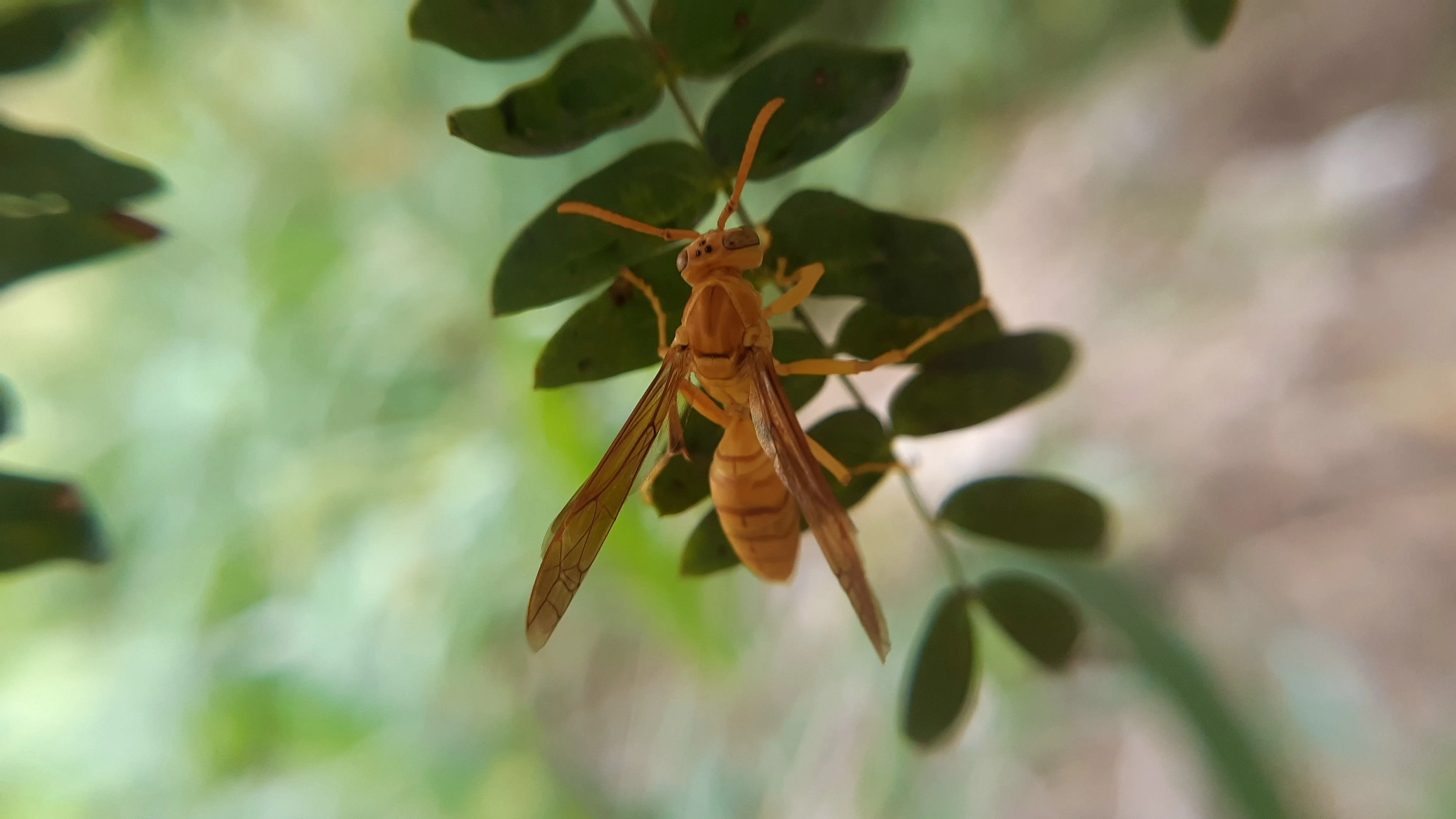Preventative Strategies for Pest Control in Organic Farming
Learn the key preventative strategies for pest control in organic farming with Vriksha Farms. This post guides you through eco-friendly techniques essential for maintaining a healthy organic garden near Bangalore. Understand how to preemptively manage pests using natural methods, promoting a sustainable and thriving agricultural environment. Dive into organic practices that ensure your crops are protected while fostering a balanced ecosystem.

Introduction
Effective pest control in organic farming begins with prevention. Vriksha Farms, known for its commitment to responsible agroforestry and sustainable farming, emphasizes the importance of preventative strategies in managing pests organically. This approach aligns with the ethos of minimizing environmental impact while maintaining productive farming practices. This blog post explores various preventative measures for pest control that can be integrated into organic farming.
Building a Strong First Line of Defense
Healthy Soil for Healthy Plants
A key aspect of preventing pests is fostering healthy soil, which leads to stronger plants more resistant to pests and diseases. Practices such as composting, proper fertilization, and crop rotation contribute to soil health and plant resilience.
Selection of Resistant Varieties
Choosing plant varieties that are naturally resistant to certain pests and diseases is an effective preventative strategy. These varieties require fewer interventions and maintain the ecological balance of the farm.
Cultivating a Balanced Ecosystem
Promoting Biodiversity
Diversity in crops and the surrounding environment can significantly reduce pest problems. A variety of plants attract beneficial insects and create a more balanced ecosystem that naturally keeps pest populations in check.
Habitat for Beneficial Predators
Creating habitats for beneficial predators, such as birds and insects, can be a natural way to control pest populations. These predators act as a natural pest management system, reducing the need for interventions.
Mechanical and Physical Barriers
Use of Barriers and Traps
Physical barriers, like row covers, and traps can be effective in preventing pests from accessing the crops. These methods are non-invasive and can be a part of an integrated pest management plan.
Crop Rotation and Intercropping
Rotating crops and intercropping (growing different types of crops in proximity) can disrupt the life cycle of pests and reduce the chances of large-scale infestations.
Monitoring and Early Detection
Regular Monitoring
Regularly inspecting crops for early signs of pests or disease is crucial. Early detection allows for timely intervention with the least invasive methods.
Record Keeping
Maintaining records of pest occurrences, interventions, and crop rotations can help in understanding patterns and planning future preventative measures.
Incorporating Organic Practices
Mulching
Mulching not only helps in retaining soil moisture and suppressing weeds but also can deter certain pests. Organic mulches provide a habitat for beneficial organisms that prey on pests.
Natural Repellents
Using natural repellents, such as certain plants with pest-deterring properties, can be an effective and non-toxic way to prevent pest infestations.
Conclusion
Preventative strategies for pest control are a cornerstone of successful organic farming. By focusing on creating healthy, balanced ecosystems, and using natural methods for pest management, organic farmers can maintain productive and sustainable farms. Vriksha Farms embodies these principles, offering managed farmland plots that utilize preventative pest control strategies, thus ensuring sustainable, environmentally conscious, and productive farming.
